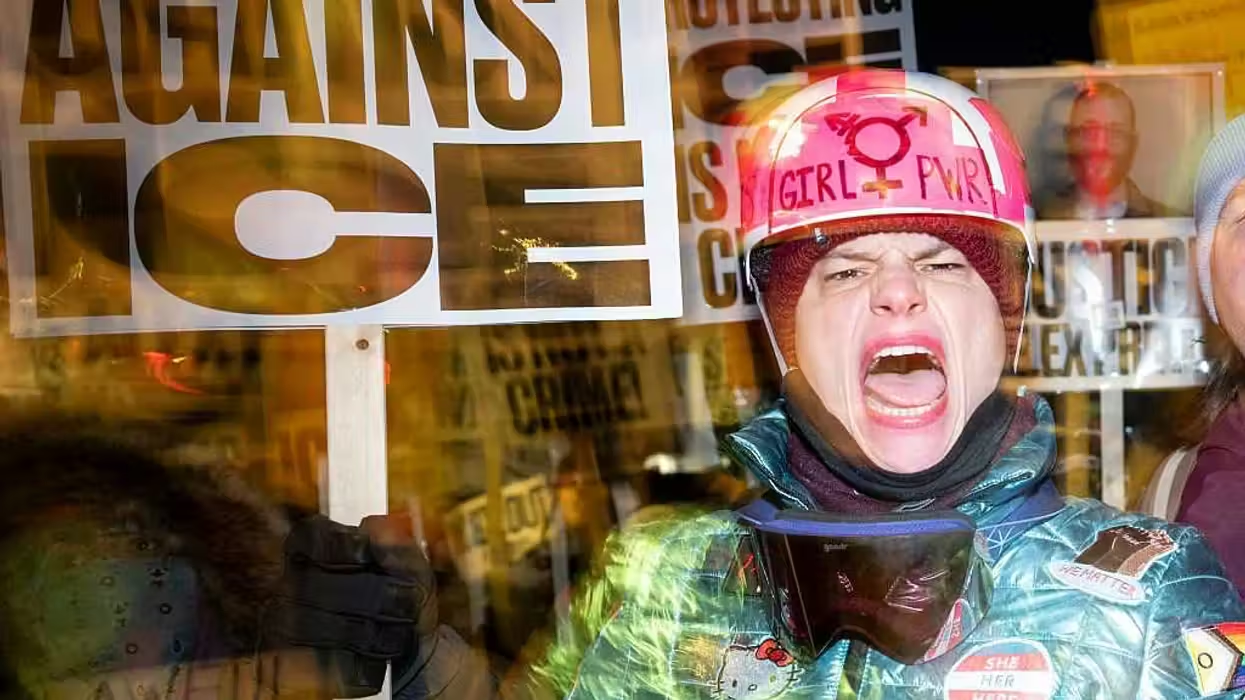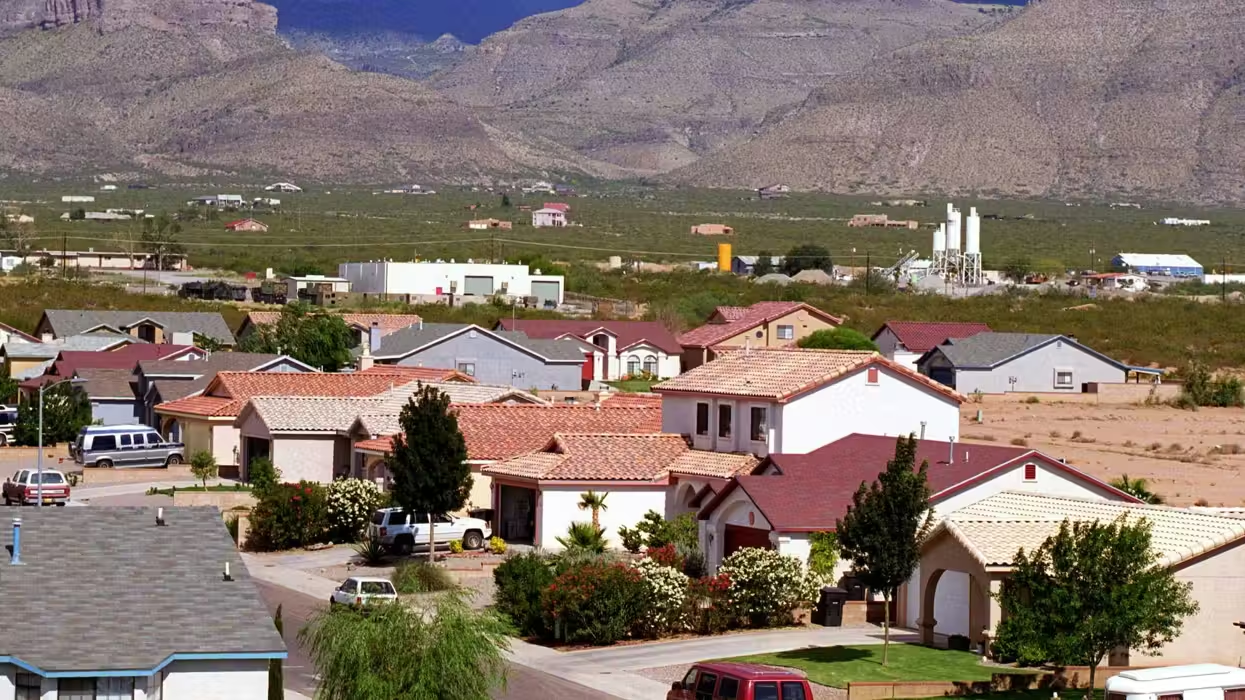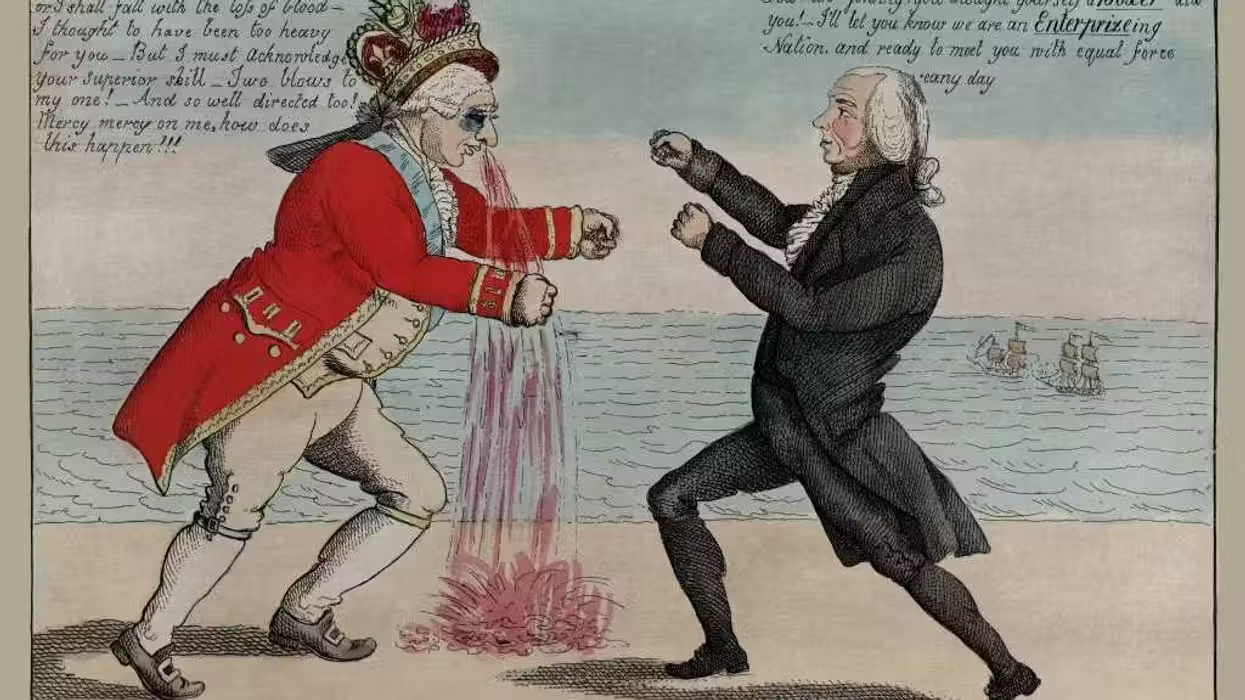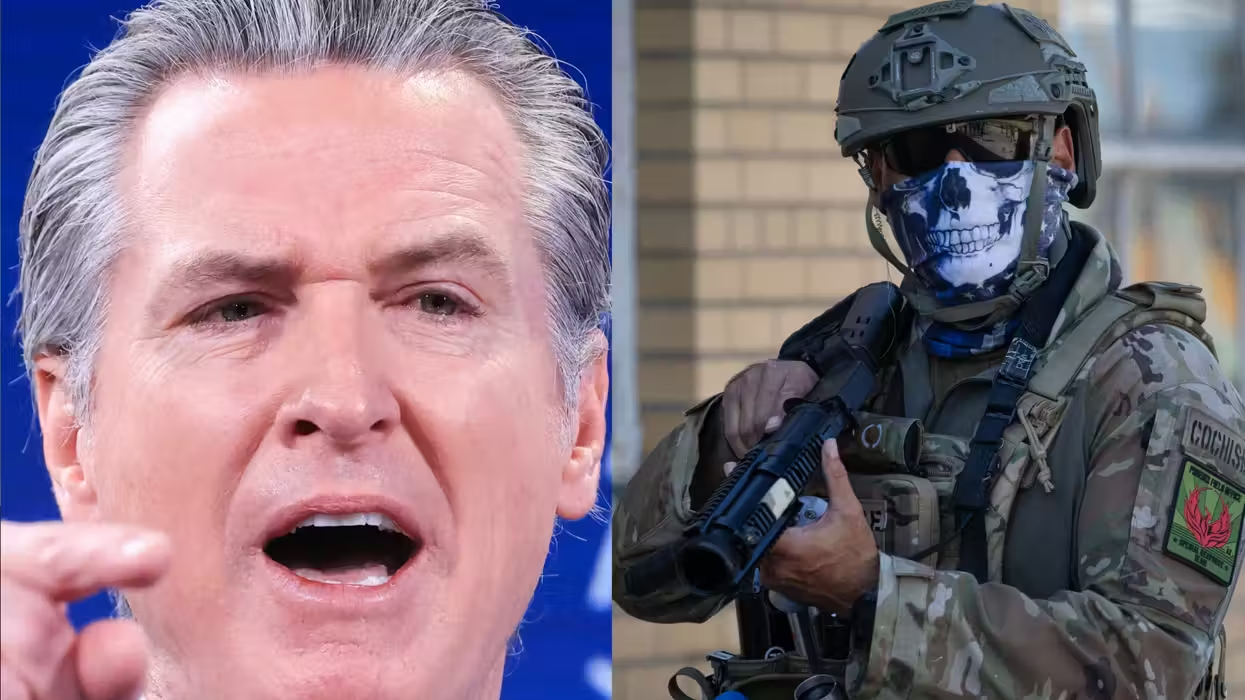
It has been more than three weeks since U.S. Ambassador Christopher Stevens was killed in a terrorist attack on the U.S. Consulate in Benghazi, Libya, yet documents containing sensitive information about the mission in Libya still litter the grounds of the American compound, the Washington Post has learned.
U.S. documents concerning "weapons collection efforts, emergency evacuation protocols, the full itinerary of Ambassador J. Christopher Stevens's trip and the personal records of Libyans who were contracted to secure the mission were among the items scattered across the floors of the looted compound when a Washington Post reporter and a translator visited Wednesday," the paper reported.
The gates to the compound remain locked, however, no government security forces are currently guarding the compound, allowing looters and other individuals to stroll into the U.S. Consulate. As a result, many documents have reportedly gone missing.
The Washington Post discovered that just two private security guards, paid for by the building's Libyan owner are keeping an eye on the compound.
“Securing the site has obviously been a challenge…We had to evacuate all U.S. government personnel the night of the attack. After the attack, we requested help securing the site, and we continue to work with the Libyan government on this front," Deputy spokesman at the State Department Mark Toner said.
The Post has more details:
None of the documents were marked classified, but this is not the first time that sensitive documents have been found by journalists in the charred wreckage of the compound. CNN discovered a copy of the ambassador’s journal last month and broadcast details from it, drawing an angry response from the State Department. Unlike the journal, all of the documents seen by The Post were official.
At least one document found amid the clutter indicates that Americans at the mission were discussing the possibility of an attack in early September, just two days before the assault took place. The document is a memorandum dated Sept. 9 from the U.S. mission’s security office to the 17th February Martyrs Brigade, the Libyan-government-sanctioned militia that was guarding the compound, making plans for a “quick reaction force,” or QRF, that would provide security.
“In the event of an attack on the U.S. Mission,” the document states, “QRF will request additional support from the 17th February Martyrs Brigade.”
Additionally, other documents identifying the Libyan citizens contracted to provide security from a private company disclose names, photographs, phone numbers and other personal information. A number of those Libyans are now concerned that they may in danger, as does the State Department.


This glaring security failure will only put more pressure on the Obama administration to provide an explanation as to why the investigation into the deadly attack has been so sluggish and inefficient.
U.S. Reps. Darrell Issa (R-Calif.) and Jason Chaffetz (R-Utah) on Tuesday sent a letter to Secretary of State Hillary Clinton demanding answers about the assault. The GOP lawmakers in the letter argue that some of the previously mention Libyan citizens working as private security were warned by family members weeks before the actual attack occurred.
To read the Washington Post's entire exclusive report, click here.








